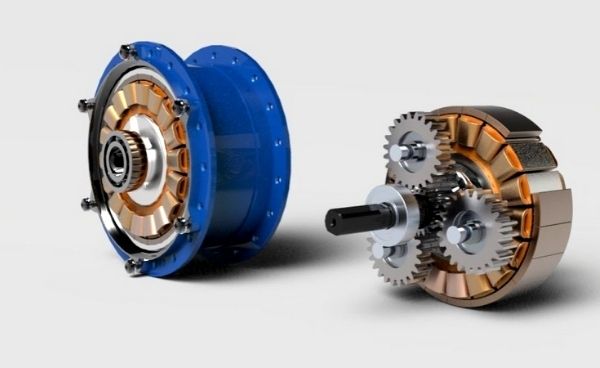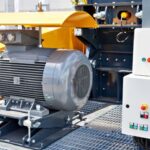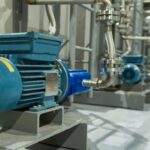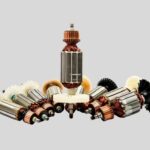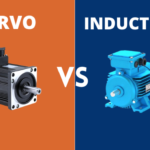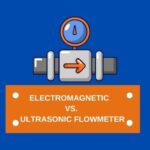What is the difference between PMDC, BLDC, and PMSM motor
Brushless DC machines ( BLDC), Permanent Magnet Synchronous Machines (PMSM), Permanent magnet dc motor (PMDC) usage is ubiquitous.
There is a lot of common knowledge on these technologies. PMDC are ideally suited for automobiles starter, toys, BLDC machines are the most obvious candidate for high-speed applications, etc. ,PMSM Motor ideally suitable for application like robotics, machine tools etc.
A quantitative comparison between motor technologies can add useful information to the common knowledge on choosing an optimal motor technology.
Difference between PMDC, BLDC, and PMSM motor
| Sr. No | PARTICULAR | PMDC | BLDC | PMSM |
| Construction | ||||
| 1 | Rotor | Winding on rotor/armature | Permanent magnet On rotor | Permanent magnet On rotor |
| 2 | Stator | Permanent magnet on stator | Windings on the stator | Stator with a Coil wound over it |
| 3 | Controller | No Controller require | Controller is Required | Controller is Required |
| Features /Performance | ||||
| 5 | Torque | Suitable for low torque application | Suitable for High torque application | High torque Compared to BLDC |
| 6 | Speed | Lower speed range due to mechanical imitation of brushes | Higher speed range due to no mechanical limitation imposed by brushes/ Commutator | Higher speed range and efficiency |
| 7 | Life | Typical life expectancy is 2000-5000 hours depending on application and duty cycle | Typical life expectancy 10000, to 20,000 hours | Typical life expectancy 10000, to 20,000 hours. |
| 8 | Efficiency | Typically 60-70% | High Efficiency up to 90% | High Efficiency up to 92% |
| 9 | Commutation method | Uses mechanical commentator to reverse polarity of the armature electromagnet | 1)Sinusoidal Drive with FOC. 2)Trapezoidal with Back EMF Sensing | 1)Sinusoidal Drive with FOC. 2)Trapezoidal with Back EMF Sensing |
| 10 | Rotor Position Detection | NA | 1) With Sensor 2) Sensor less | 1) With Sensor 2) Sensor less |
| Benefits/Comparison | ||||
| 11 | Maintenance | Periodic maintenance require, can replace brushes for extended life if necessary | Little to no maintenance | Little to no maintenance |
| 12 | Heat Dissipation | Internal rotor Construction result in Limited heat dissipation | Superior thermal characteristic result in better heat dissipation | Efficient dissipation of heat |
| 13 | Noise | Brushes emit audible noise during rotation | Low electric noise generation | Low electric noise generation |
| 14 | Cost | Lower manufacturing cost | Higher manufacturing cost | Higher manufacturing cost |
| 15 | Operation Environment | Can operate in more extreme environment due to lack of electronics. | More suitable for normal controlled environments | More suitable for normal controlled environments |
| 16 | Application | automobiles starter, toys, wipers, washers, hot blowers, air conditioners, computer disc drives and in many more. | linear motors, servomotors, actuators for industrial robots, extruder drive motors and feed drives for CNC machine tools. etc. | robotics, machine tools, actuators, and it is being considered in high-power applications such as industrial drives and vehicular propulsion. |
Conclusion:
It is a common misassumption that a Brushed DC machine is the cheapest option. However, this machine is still interesting due to its high overload capacity.
BLDC machines are especially interesting for high speed applications and applications where a continuous rotation is needed. Using them to position would be cost inefficient but eventually justifiable based on its high dynamic performance.
PMSM machines are known to be the most expensive option but as the minimal configuration already requires position feedback they are ideally suited for accurate positioning.
Reference : Research paper on A quantitative comparison between BLDC, PMSM, Brushed DC and Stepping Motor Technologies

